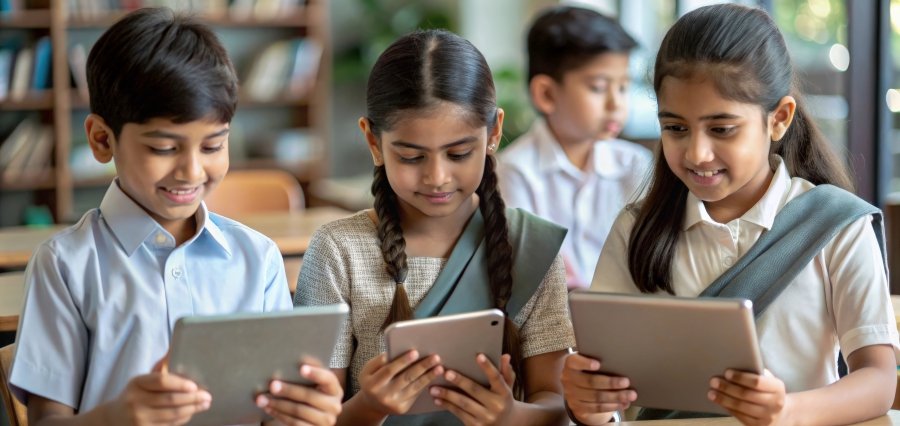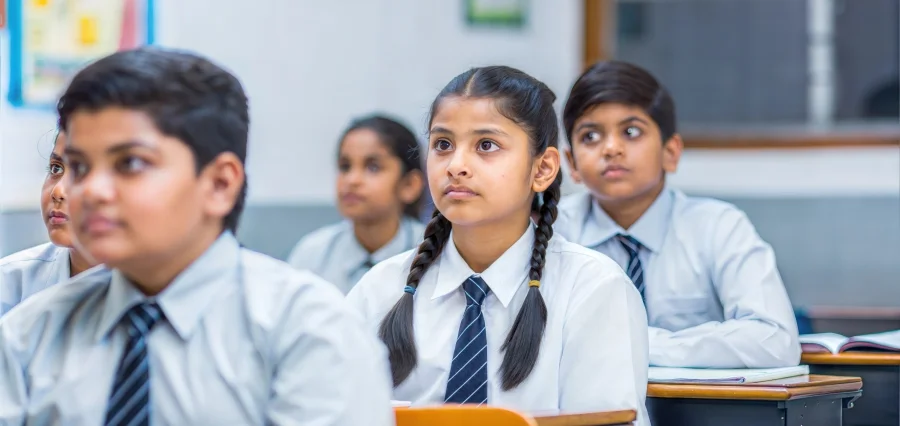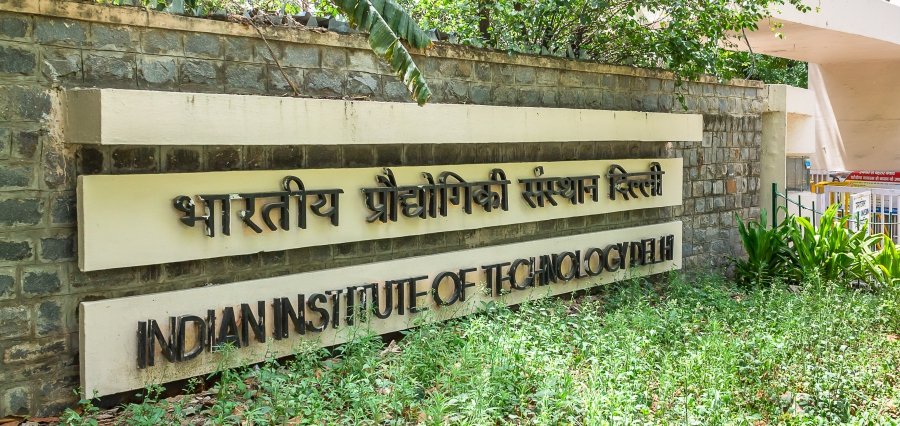Prime Highlights:
- Nobel laureate Michael Kremer has urged Indian policymakers to adopt Personalised Adaptive Learning (PAL)to improve education outcomes.
- The Andhra Pradesh study showed that PAL doubled student learning, especially for weaker students.
Key Facts:
- PAL software is being used on tablets in 1,224 government schoolsin Andhra Pradesh, tailoring lessons to each child’s level.
- Smaller schools showed better resultssince every child could access a tablet, while larger schools faced sharing issues.
Key Background:
Nobel Prize-winning economist Michael Kremer has strongly recommended that Indian policymakers adopt Personalised Adaptive Learning (PAL) in schools, citing its significant impact on improving student learning outcomes. His remarks came after the Development Innovation Lab at the University of Chicago, which he leads, released an evaluation of PAL in Andhra Pradesh government schools.
The study showed that students using PAL learned twice as much, with the biggest improvement seen in weaker students. The software, used on tablets in over 1,200 government schools, adjusts teaching material according to a child’s learning stage, allowing them to catch up where they lag.
“If I were a policymaker in India, I would want to move forward with PAL,” Kremer told The Indian Express. He noted that while technology plays a central role, teacher involvement and monitoring are equally important for the programme’s success. The software could even be designed to alert teachers when a child is disengaged, enabling timely intervention.
Kremer highlighted the strength of PAL in addressing individual learning needs. “One general finding in education is that it’s best to meet the student where they are. PAL does exactly that,” he said, explaining that the tool can guide students from basics like subtraction to more advanced topics such as division, depending on their readiness.
The study also found that students in smaller schools did better because each child had their own tablet. In bigger schools, students had to share devices, which reduced learning time. More access to tablets clearly led to better results.
Kremer further pointed out that similar positive outcomes have been observed in other Indian states, including Rajasthan, strengthening the case for wider adoption. “Every state policymaker has to consider their situation, but with three separate studies showing positive effects, PAL deserves serious consideration,” he added.
While he stopped short of recommending an immediate nationwide rollout, Kremer urged policymakers to measure usage carefully and ensure teacher support. He stressed that if India invests in scaling PAL effectively, it could transform classroom learning and help millions of students achieve age-appropriate education levels.





